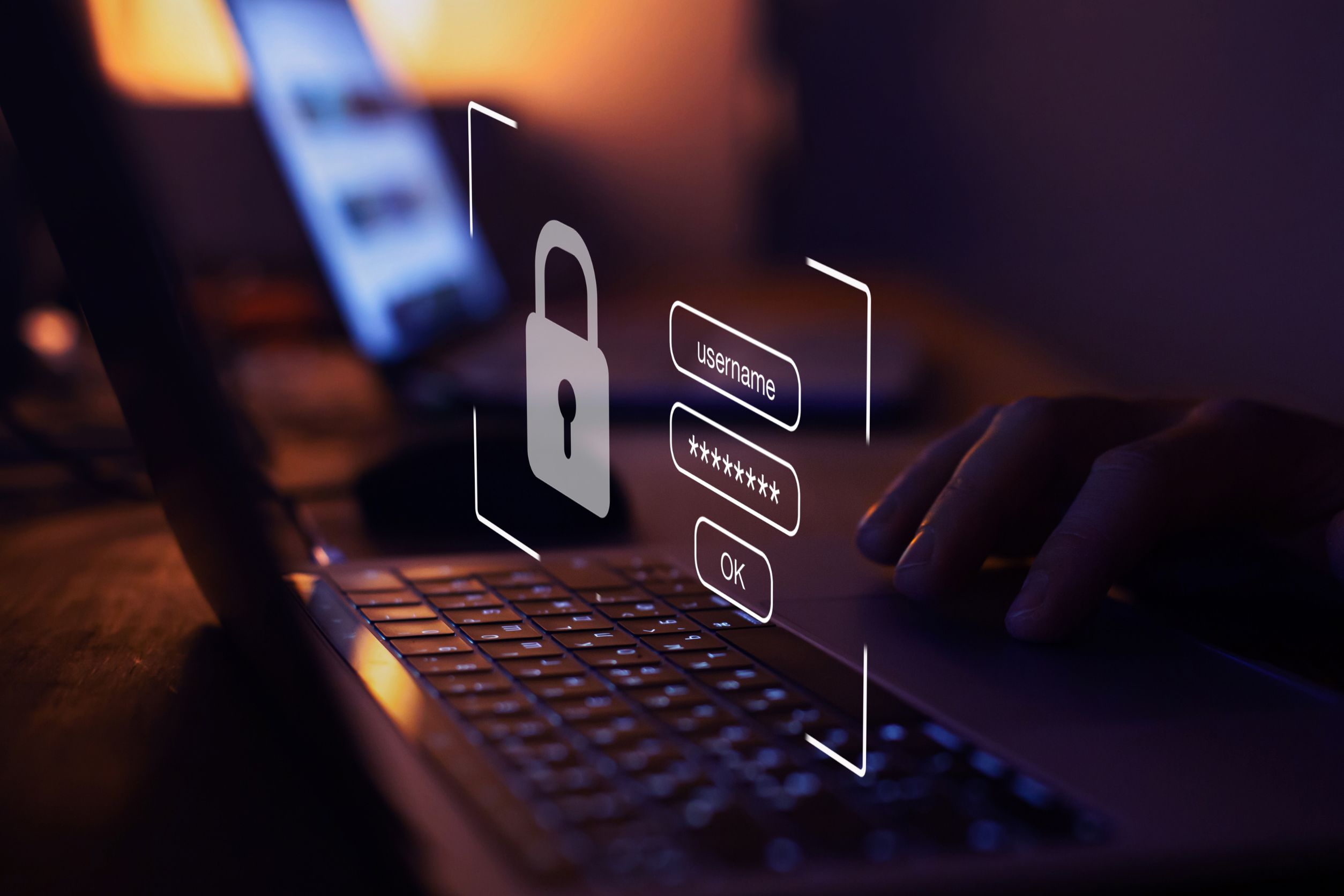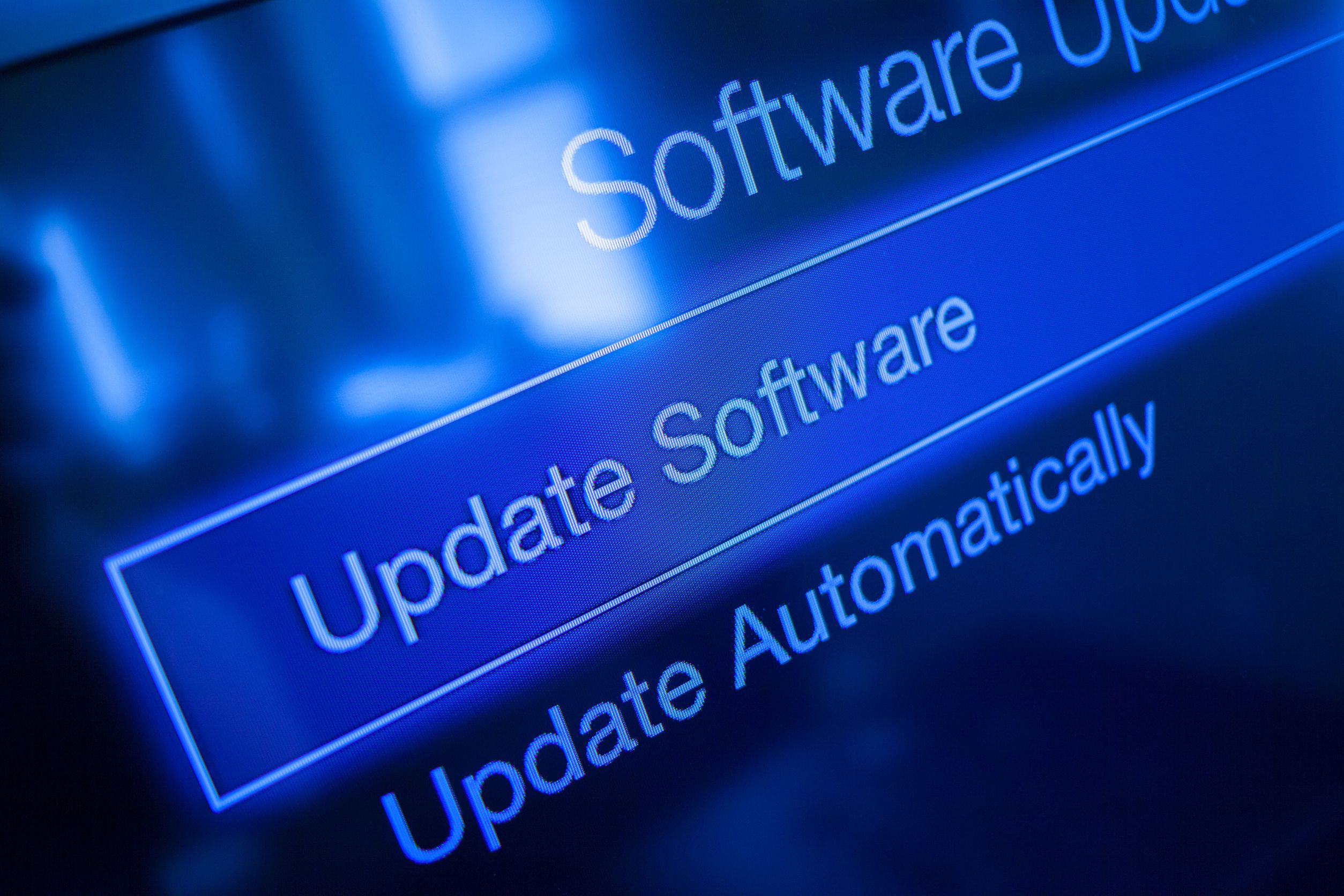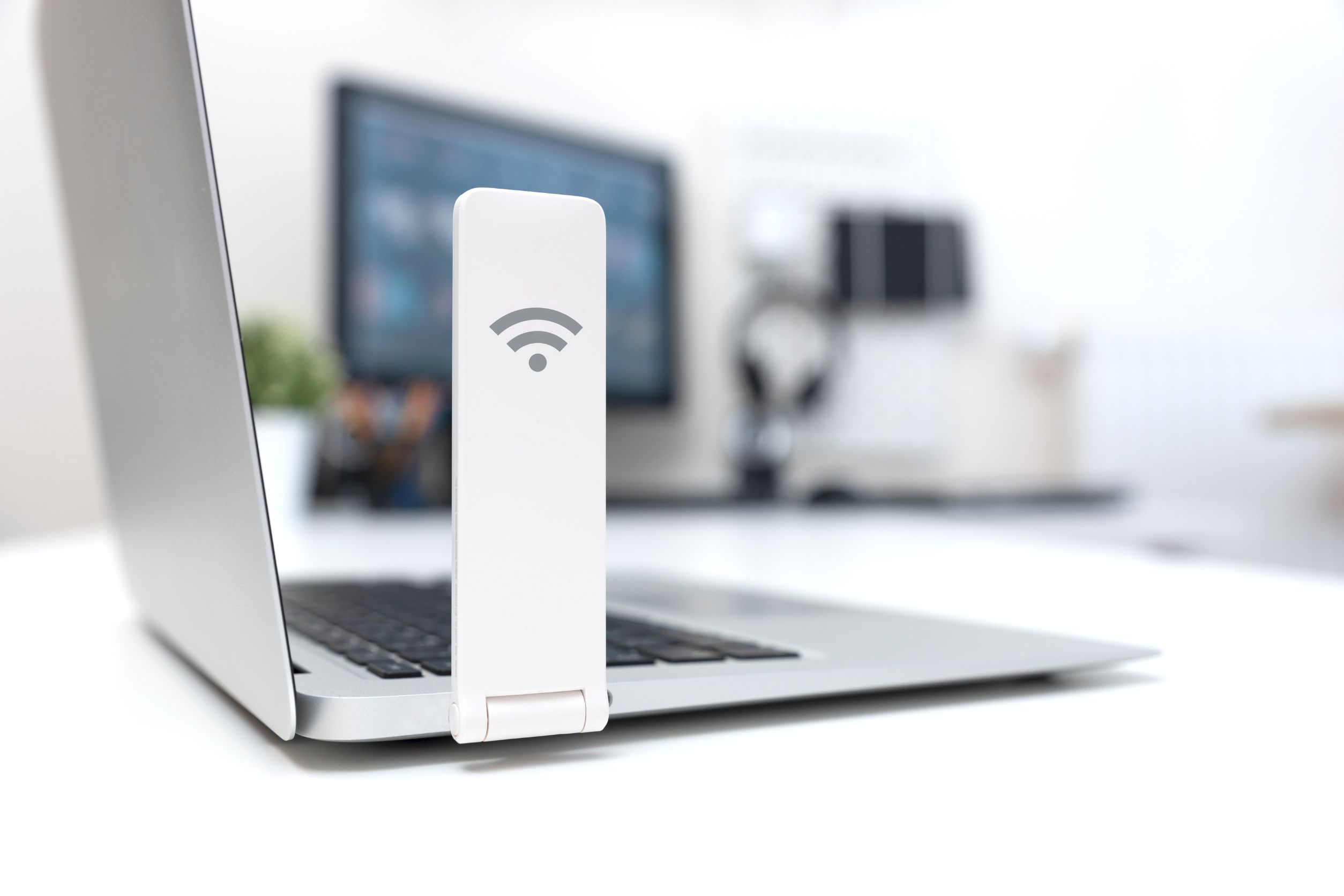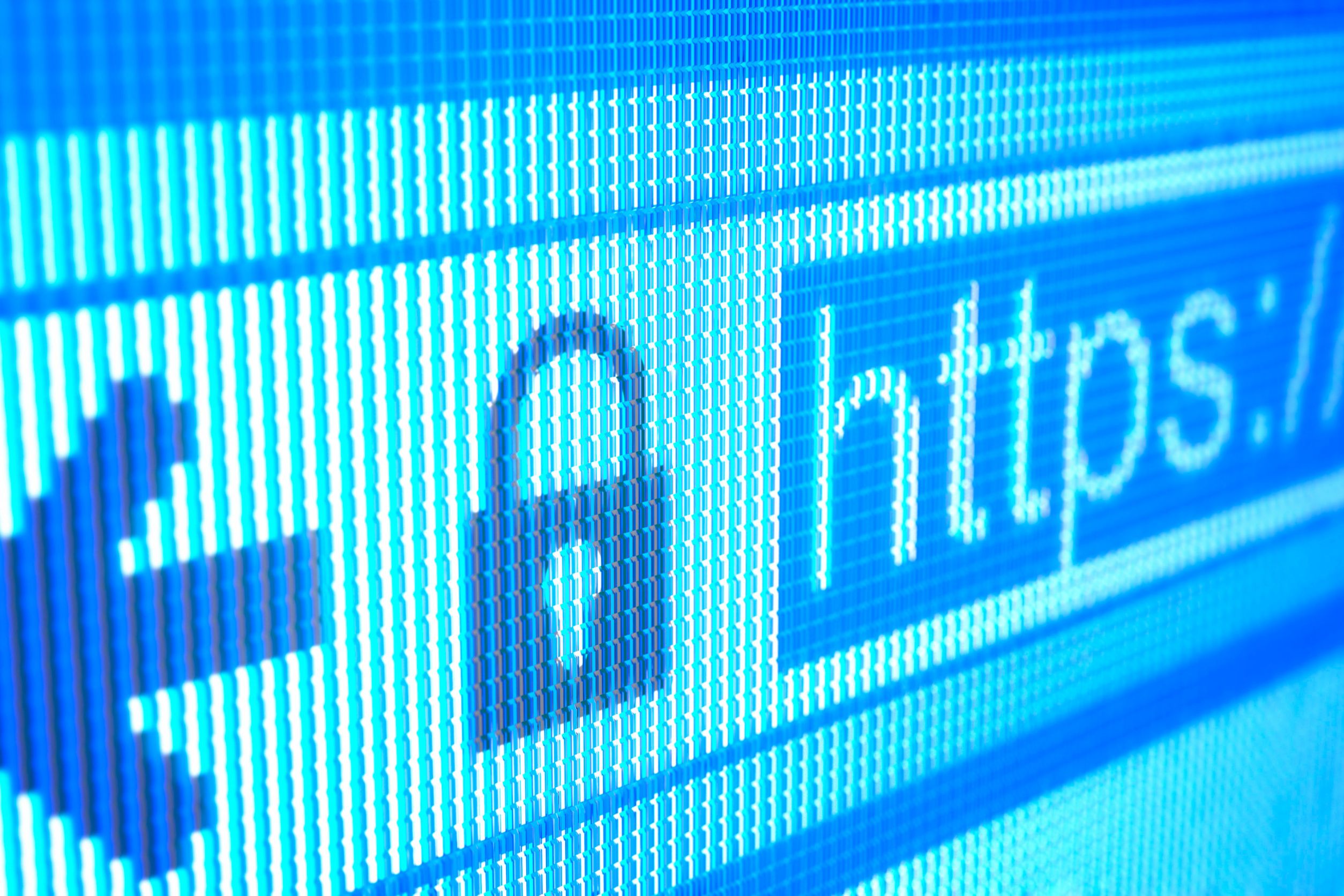
Canva
Within the virtual age, our on-line behavior can from time to time result in accidental invites to hackers. Identical to leaving your entrance door unlocked would possibly draw in burglars, sure on-line behaviors can attract cybercriminals. However don’t concern. Turning into mindful is step one in fortifying your virtual doorways towards undesirable intrusions. Let’s stroll thru 11 commonplace on-line movements that could be making hackers bounce for pleasure and the way you’ll turn the script to stay them out.
1. Reusing Passwords

Canva
Reusing passwords throughout a couple of websites is like the use of the similar key in your automobile, area, and place of job. As soon as a hacker will get cling of 1 password, they’ve an all-access move on your virtual existence. This tradition is without doubt one of the absolute best tactics to multiply the wear and tear of a unmarried knowledge breach. To stick secure, use distinctive passwords for various websites. A password supervisor will let you stay monitor of all of them and not using a headache.
2. Ignoring Tool Updates

Canva
Are the ones irritating pop-ups reminding you to replace your tool? They’re in truth your first protection towards safety vulnerabilities. Hackers find it irresistible whilst you get rid of updates as it provides them time to milk previous weaknesses. All the time replace your tool once conceivable to give protection to your self from the newest threats. Bring to mind updates like a vaccine in your units; essential and well timed.
3. Clicking on Unknown Hyperlinks

Canva
Clicking on hyperlinks from unknown assets may also be the virtual similar of opening your door to a stranger. Those hyperlinks frequently result in phishing websites designed to scouse borrow your knowledge. Hackers are crafty; they may be able to make those hyperlinks glance extremely reputable. All the time test the supply prior to clicking and soaring over hyperlinks to look the place they in point of fact lead. When doubtful, cross immediately to the site via typing the URL within the browser.
4. The usage of Public Wi-Fi With out Warning

Canva
Public Wi-Fi is tremendous handy, however it’s additionally a playground for hackers. The usage of public Wi-Fi to entry non-public accounts or maintain delicate knowledge can disclose you to eavesdropping. All the time use a digital non-public community (VPN) whilst you hook up with public Wi-Fi networks to encrypt your on-line process. This shields your knowledge from prying eyes. Imagine public Wi-Fi as insecure as a postcard despatched in the course of the mail; somebody can learn it in the event that they take a second to seem.
5. Now not The usage of Two-Issue Authentication

Canva
Two-factor authentication (2FA) provides an additional layer of safety on your on-line accounts. It’s like having a double lock for your door. Even supposing a hacker will get your password, they may be able to’t entry your account with out the second one aspect; in most cases a code despatched on your telephone or generated via an app. Many of us skip putting in 2FA as a result of it sort of feels like a trouble, however the few further seconds it takes can prevent from a big safety headache. All the time permit 2FA the place conceivable.
6. Sharing Too A lot Private Knowledge on Social Media

Canva
Oversharing on social media can provide hackers simple entry to password clues and solutions to safety questions. Chances are you’ll love sharing birthday countdowns, puppy names, or favourite spots, however hackers love this data much more as it is helping them bet passwords or craft centered assaults. Consider of what you percentage on-line. Regulate your privateness settings to restrict who can see your posts. Take note, the web by no means forgets.
7. Ignoring Privateness Settings

Canva
Now not checking the privateness settings on new apps and internet sites is like leaving your blinds huge open. With out right kind changes, you could be sharing additional information than you plan to with extra other people than . Hackers can use this publicly out there knowledge to focus on you particularly. Take some time to know and configure your privateness settings on all platforms. A couple of mins spent right here can save you numerous publicity.
8. Failing to Safe Your House Community

Canva
Your house Wi-Fi community is a gateway to your whole attached units. Failing to protected it with a robust password and up to date safety settings is like leaving your virtual again door huge open. Alternate the default username and password for your router. Be sure you permit WPA2 or WPA3 encryption. Incessantly test for firmware updates to stay your community fort sturdy.
9. Now not The usage of Safe Web pages

Canva
Surfing web pages with out HTTPS is dangerous for the reason that knowledge despatched and won is unencrypted. This makes it simple for hackers to “concentrate” and scouse borrow delicate knowledge. All the time test for the HTTPS within the URL prior to getting into non-public or monetary knowledge. If the web page doesn’t protected your knowledge with HTTPS, consider carefully prior to continuing. Your knowledge merits the most productive safety features.
10. Downloading from Unreputable Assets

Canva
Downloading tool or media from sketchy assets is a commonplace option to invite malware onto your tool. Those downloads can comprise the rest from adware to ransomware. Stick with respected, reputable websites in your downloads and steer clear of clicking “agree” with out studying what you’re in truth putting in. Your tool’s well being relies on the standard of what you feed it. Deal with downloads such as you deal with meals; cross for high quality and protection.
11. Now not Having a Backup Plan

Canva
Failing to again up your vital knowledge steadily is like now not having insurance coverage for your valuables. Within the tournament of a cyber-attack, like ransomware, the place hackers lock you out of your individual recordsdata, having a backup may also be the variation between crisis and a minor inconvenience. Make common backups a dependancy. Retailer them in a protected location, preferably each bodily and within the cloud. This fashion, you’re ready for no matter comes your means.
Tighten Up Your Virtual Safety

Canva
Via now, you’ll have a just right seize of the average errors that make hackers’ jobs more straightforward and methods to steer clear of them. Tightening up your virtual safety isn’t only a one-time repair; it’s an approach to life exchange that calls for ongoing consideration and adjustment. Include those behavior to give protection to your self from cyber threats and stay your virtual existence as protected as your bodily one. Take note, each and every step you’re taking to protected your on-line actions is a step clear of doable cyber chaos.
(Visited 1 occasions, 1 visits as of late)

Vanessa Bermudez is a content material creator with over 8 years of revel in crafting compelling content material throughout a various vary of niches. All the way through her profession, she has tackled an array of topics, from era and finance to leisure and way of life. In her spare time, she enjoys spending time together with her husband and two children. She’s additionally a proud fur mother to 4 mild large canine.
